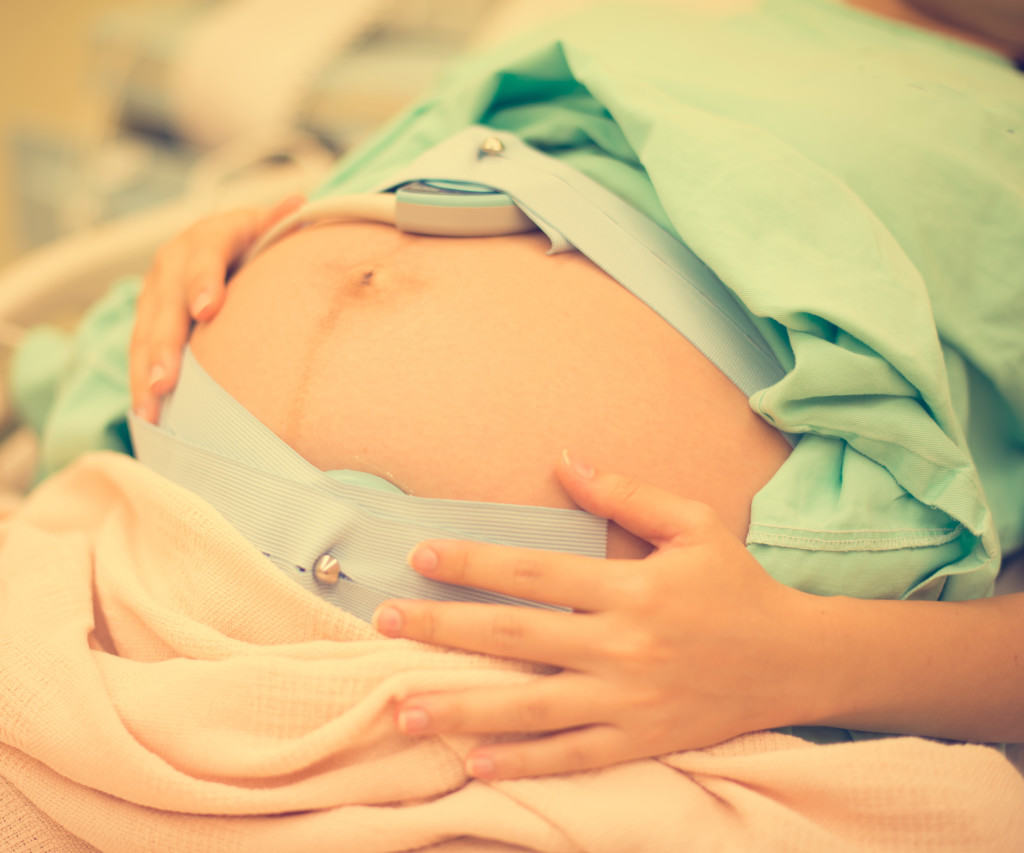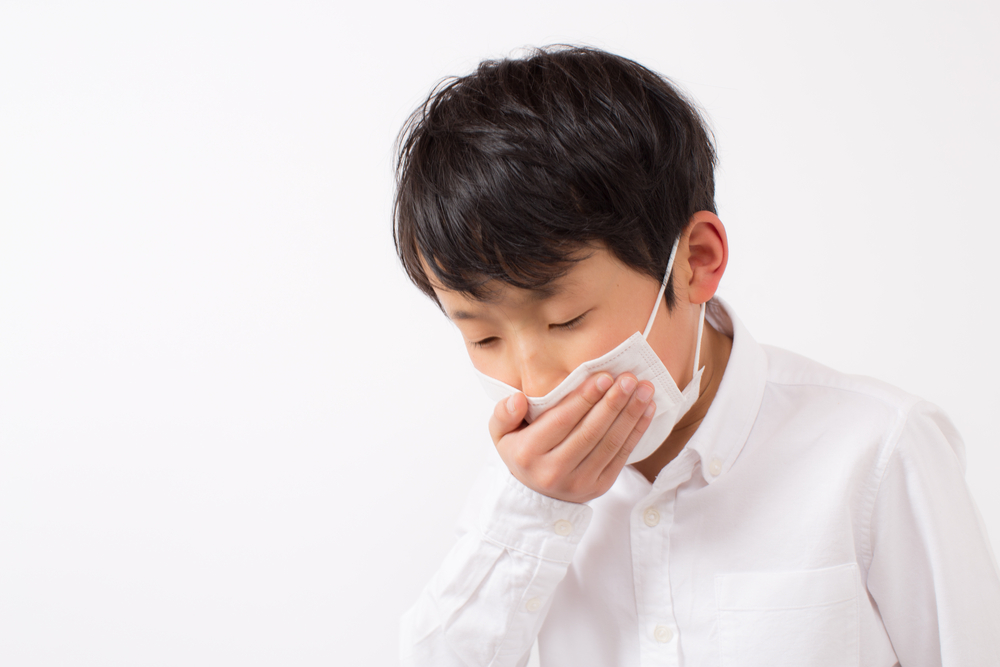Contents:
- Mild itching
- Serious itching: obstetric cholestasis
- Symptoms of obstetric cholestasis
- Dealing with obstetric cholestasis
Mild itching is a common occurrence in pregnancy, due to increased blood flow to the skin. As the uterus grows, the skin in the abdomen will also be attracted to and cause itching. Mild itching is not something to worry about, but if the itching gets worse, it can be a sign of the condition of the liver / liver, namely obstetric cholestasis or intrahepatic cholestasis of pregnancy (ICP). This condition occurs in fewer than 1 in 100 pregnant women, but still requires medical attention.
Mild itching
Using loose clothing can prevent itching, because clothes will be less rubbed with the skin which can cause irritation. Also avoid using synthetic materials and use natural ingredients, such as cotton which can provide air circulation. Bathing with cool water and using lotions or moisturizers can relieve itching.
Some women experience skin irritation when using products with strong perfume, so choose a product without fragrance. Mild itching generally does not harm you or your baby, but can be a sign of a more serious condition. If you are worried or feel severe itching, visit your doctor.
Serious itching: obstetric cholestasis
Obstetrics cholestasis or Obstetric Cholestasis (obstetric cholestasis) or Intrahepatic Cholestasis of Pregnancy (ICP) is a potentially serious disorder that can occur during pregnancy. Normally, bile salts flow from the liver to the intestine to aid digestion. In obstetrical cholestasis, bile salts do not flow so that they accumulate in the body. There is no treatment for obstetric cholestasis, but this condition will disappear by itself when your baby is born.
Obstetric cholestasis decreases in the family, but can also occur without a family history. Obstetrics cholestasis is also more common in women with bleeding from India and Pakistan. If you have experienced obstetric cholestasis in a previous pregnancy, chances are you will experience it again when you are pregnant again later. Some studies have found that babies of mothers who experience obstetric cholestasis have a possibility of preterm birth or death. It is still unknown how high the risk of death in obstetric cholestasis patients is compared to women who do not experience obstetric cholestasis. There is no specific way that can guarantee the absence of a baby.
Regarding the death of a baby, if you have obstetric cholestasis, you may be offered induction of labor or caesarean section after 37 weeks of pregnancy. You are advised to deliver at the hospital, under the supervision of the medical team.
Symptoms of obstetric cholestasis
The main symptom of obstetric cholestasis is severe itching throughout your body, usually without a rash and generally occurs in the last 4 months of pregnancy. Some women feel severe itching and rashes. In women with obstetric cholestasis, itching is unbearable and persists, worsening at night. Sometimes itching is more pronounced on the palms and soles of the feet.
Other symptoms include cloudy urine, jaundice (on the skin or the white part of the eye) and pale stools.
Dealing with obstetric cholestasis
Obstetrics cholestasis can be diagnosed by looking at your medical history or family history, as well as blood tests that test liver function or Liver Function Tests (LFT). After the diagnosis of obstetric cholestasis, you will undergo several liver tests until your baby is born, so the doctor can monitor your condition. If your test results are normal and you still feel itchy, the test can be repeated every 1 or 2 weeks.
Creams such as calamine lotion are safe to use during pregnancy and can relieve itching. There are also drugs that can reduce bile salt levels and relieve itching, but are not known to be safe when used while pregnant.
You may be given a vitamin K supplement, because obstetric cholestasis can affect the absorption of vitamin K which is important for healthy blood clotting. If you are diagnosed with obstetric cholestasis, your doctor will discuss your health and some treatment options with you.
READ ALSO:
- Drinking Coffee While Pregnant, Is There Any Influence On Your Fetus?
- Get to know Hyperemesis Gravidarum, Severe Vomiting During Pregnancy
- Effective Ways to Overcome Nausea and Vomiting (Morning Sickness) During Pregnancy












